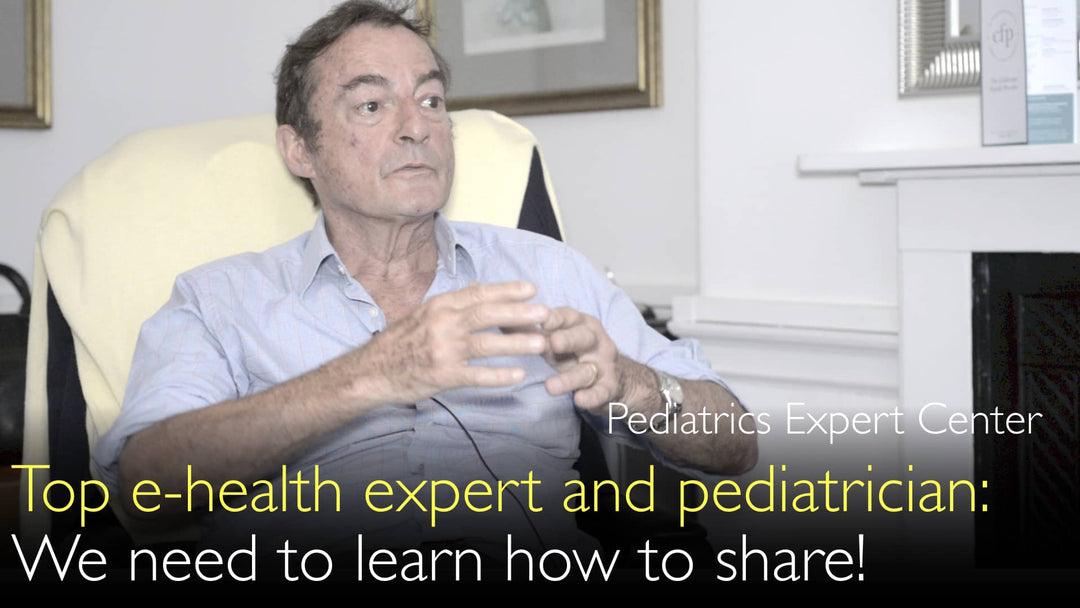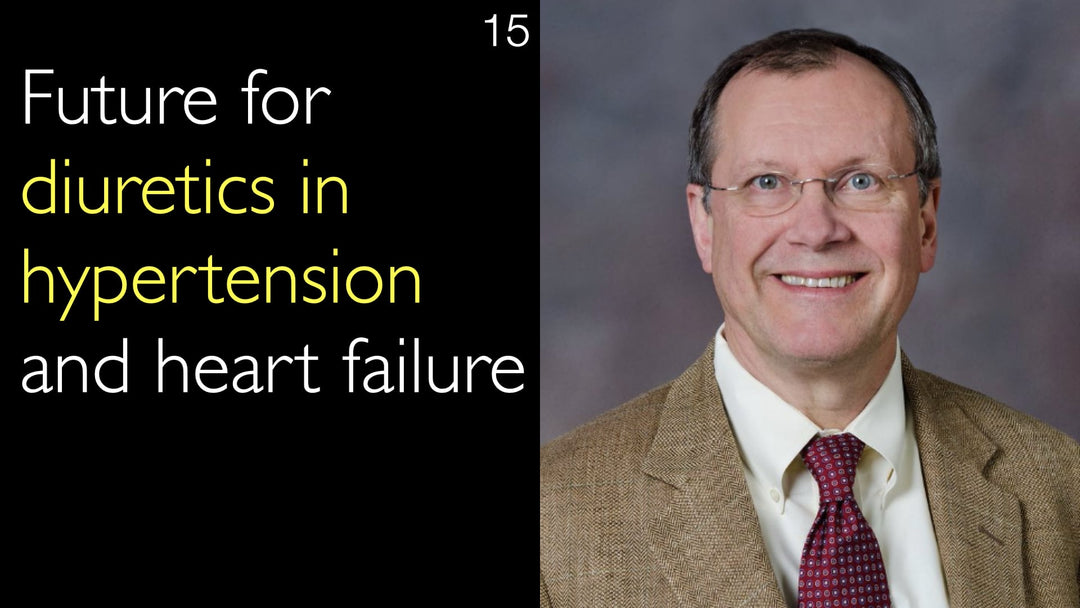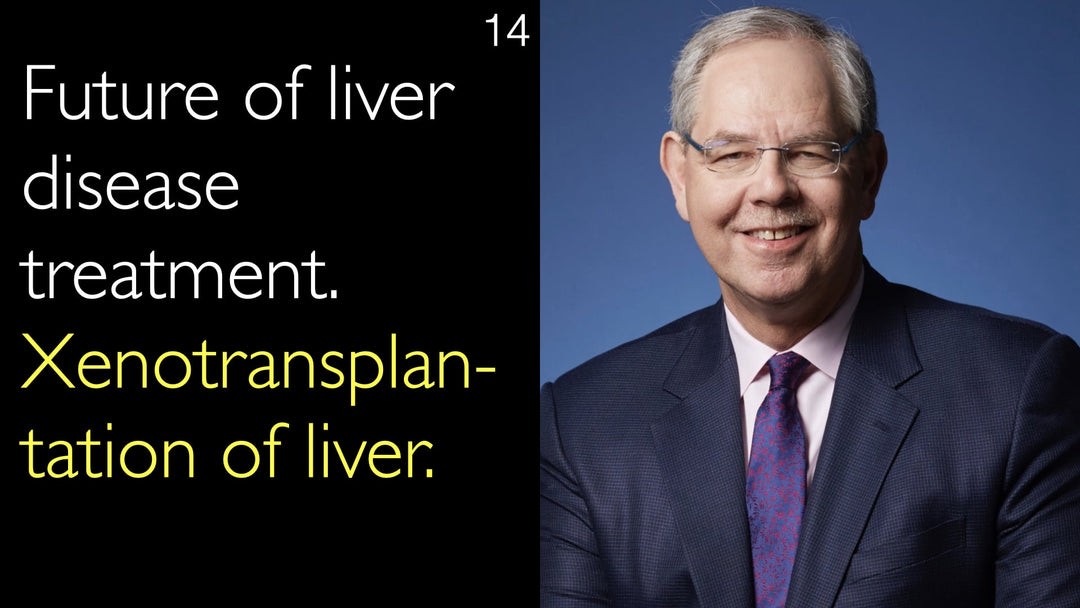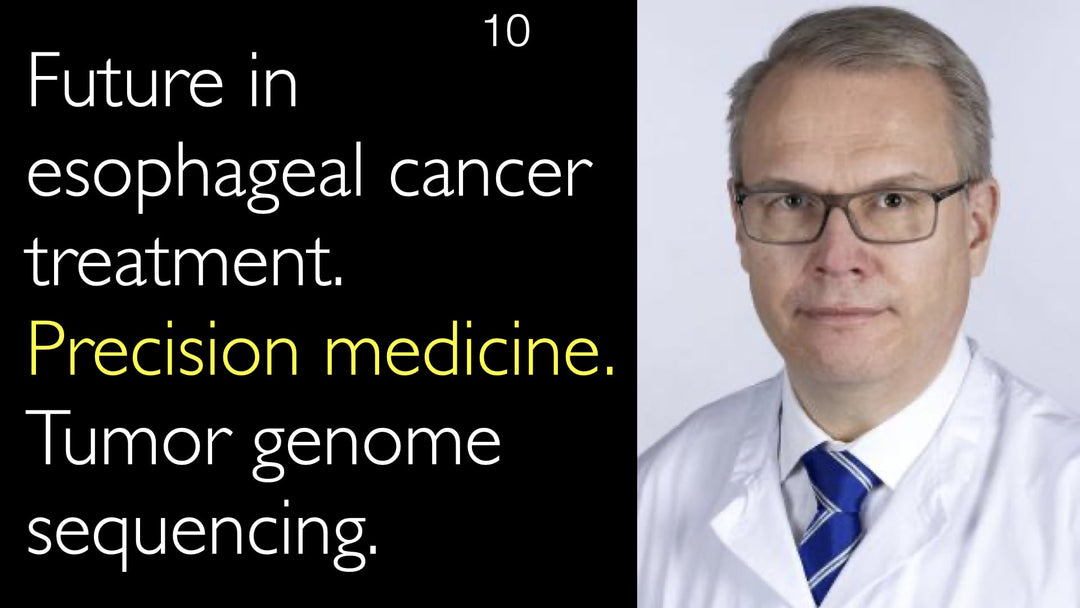Leading expert in pediatrics and telemedicine, Dr. Ricky Richardson, MD, explains the critical need for global medical information sharing. He envisions future doctors as information managers. Dr. Richardson, MD, details how e-health can connect specialists to underserved regions. He provides a powerful example of accessing neurosurgical expertise in Chad. This approach exponentially strengthens healthcare systems worldwide.
Global Telemedicine and the Future of Healthcare Information Sharing
Jump To Section
- Future Doctors as Information Managers
- Telemedicine for Bridging Specialist Gaps
- Real-World Impact in Underserved Regions
- Exponential Healthcare System Strengthening
- Essential E-Health Infrastructure
- Full Transcript
Future Doctors as Information Managers
Dr. Ricky Richardson, MD, presents a transformative vision for the medical profession. He states that the doctors of tomorrow will be information managers. This shift is necessary because all medical knowledge is now available on the internet.
The core challenge is not a lack of information but a failure to share it effectively. Dr. Richardson, MD, observes that many institutions build their own systems in isolation. This creates silos that prevent the global medical community from leveraging collective expertise for patient benefit.
Telemedicine for Bridging Specialist Gaps
Online health platforms serve as powerful technical providers of networks and solutions. Dr. Ricky Richardson, MD, explains their primary function is to connect patients with the right expertise, regardless of location. If a patient needs a specific specialist like a neurosurgeon who is not available locally, telemedicine makes that expert available.
Dr. Anton Titov, MD, discusses this model with Dr. Richardson. The key advantage is that geographical barriers are eliminated. A specialist's knowledge becomes accessible to any patient with an internet connection, democratizing access to high-level medical care.
Real-World Impact in Underserved Regions
Dr. Ricky Richardson, MD, provides a compelling case study to illustrate his point. He uses the example of a road traffic accident in Chad, a country with no neurosurgeons. Local doctors treating a serious injury would have no way to get a crucial neurosurgical opinion under traditional models.
Through telemedicine, those same local doctors can reach out via internet platforms like Skype. They can connect with a global community of neurosurgeons who volunteer their time. This immediate access to specialized knowledge can be life-saving in critical situations where time is of the essence.
Exponential Healthcare System Strengthening
The ability to share resources remotely leads to exponential strengthening of healthcare systems. Dr. Ricky Richardson, MD, emphasizes that this method brings resources to bear on medical problems that were previously unsolvable. It is a force multiplier for healthcare infrastructure in developing nations.
This approach does not replace local doctors but empowers them. By providing on-demand access to global expertise, local healthcare workers can deliver a much higher standard of care. Dr. Anton Titov, MD, and Dr. Richardson agree this model represents a paradigm shift in global health delivery.
Essential E-Health Infrastructure
Implementing this vision of shared care requires building essential e-health infrastructure. Dr. Ricky Richardson, MD, highlights the need for a supportive regulatory environment that facilitates cross-border medical collaboration. Technology must also be adapted to work in challenging conditions.
In regions with patchy mobile phone networks, alternative solutions like satellite technology may be necessary. The fundamental goal is to ensure reliable connectivity. Dr. Richardson's final message is a call to action: the global medical community must learn to share knowledge and resources more effectively to serve a global population.
Full Transcript
Dr. Anton Titov, MD: Professor Richardson, is there anything else you would like to discuss? You have enormous experience with telemedicine and e-health. You also worked around the world setting up pediatric services. Can you share your vision and experience on those topics?
Dr. Ricky Richardson, MD: The most important message I would give is this: we need to learn to share. What's happening at the moment is that everybody's building their own establishment, but they are not sharing information. I believe that the doctors of tomorrow will be information managers, because all of the knowledge is available on the internet.
Online health must be used wisely as a technical provider of networks and solutions. If one wants a doctor who is a neurosurgeon, and there are no neurosurgeons available where you are, then you can reach out over the internet and find a neurosurgeon. It doesn't matter where he or she is based; the important thing is that they become available. All of that knowledge becomes available.
For example, in Chad: if you went to Chad and were involved, unfortunately, in a road traffic accident, then local doctors looking after you may want a neurosurgical opinion. But there are no neurosurgeons in Chad; the health service doesn't support them. If they could reach out over the internet via Skype and reach a community of neurosurgeons who volunteered to be on-call or available at any time for a period of time, then you could strengthen the healthcare system in that country exponentially. It brings resources to bear on medical problems that could never be achieved any other method.
The message that I have learned is that we ought to learn to share more effectively. That means sharing knowledge and resources. E-health can bring that knowledge and resources to a global population.
We must put the essential bits in place, like a regulatory environment and technologies that can be viable in countries where the mobile phone networks are patchy. Perhaps we could use satellite technology. Learning to share is my message.
Dr. Anton Titov, MD: Professor Richardson, thank you very much for this very fascinating conversation. Thank you for sharing your wisdom in pediatrics, e-health, and telemedicine! Thank you very much!
Dr. Ricky Richardson, MD: Thank you, Anton. It has been a pleasure meeting you!







